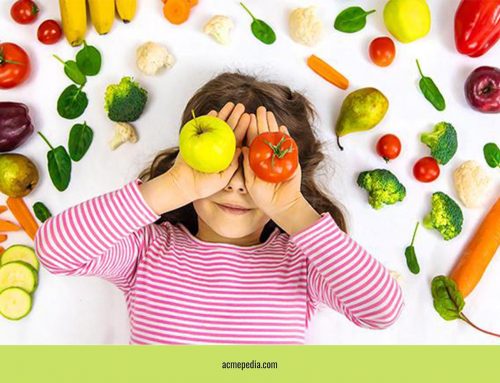Introduction:
For preserving good health and general wellbeing, staying hydrated is crucial. Our bodies rely on water to perform vital functions, including regulating body temperature, transporting nutrients, and flushing out toxins. However, many people underestimate the importance of hydration and fail to consume an adequate amount of water daily. In this blog post, we will explore the significance of hydration and provide practical tips to help you stay well-hydrated.
- Understand the Importance of Hydration: Water constitutes a significant portion of our bodies and is involved in various physiological processes. Adequate hydration helps maintain healthy digestion, circulation, and organ function. It also supports cognitive function, boosts energy levels, and enhances physical performance. Proper hydration is particularly crucial during hot weather, physical activity, and illness when our bodies lose water more rapidly.
- Determine Your Hydration Needs: Depending on characteristics including age, weight, activity level, and climate, each person may require a different amount of water . While the commonly recommended “8×8” rule (eight 8-ounce glasses of water per day) is a good starting point, it may not be sufficient for everyone. A more personalized approach involves considering your individual needs and adjusting your water intake accordingly.
- Monitor Your Hydration: Paying attention to your body’s signals can help you gauge your hydration status. Signs of dehydration include thirst, dark-colored urine, dry mouth, fatigue, dizziness, and headaches. By staying aware of these indicators, you can take proactive measures to increase your fluid intake.
- Make Water Your Go-To Beverage: While other beverages like tea, coffee, and fruit juices can contribute to your overall fluid intake, water should be your primary source of hydration. It is calorie-free, readily available, and the most natural way to replenish your body’s water supply. As a reminder to sip water frequently, carry a reusable water bottle with you all day.
- Set Hydration Goals and Create a Routine: Creating a hydration routine can help you establish a habit of drinking enough water. Set goals such as drinking a glass of water upon waking up, having a glass before each meal, or carrying a water bottle during exercise. Building these habits into your daily routine will make it easier to meet your hydration needs consistently.
- Spice Up Your Water: If plain water becomes monotonous, you can add flavor by infusing it with slices of fruits, herbs, or vegetables. Lemon, cucumber, mint, and berries are popular options for enhancing the taste of water naturally. Experiment with different combinations to find your favorite infused water flavors.
- Keep Hydrating Foods in Mind: In addition to water, you can boost your hydration through foods with high water content. Watermelon, cucumbers, oranges, strawberries, and leafy greens are excellent choices to incorporate into your diet. These meals contain vital vitamins, minerals, and antioxidants in addition to hydration.
- Be Mindful of Alcohol and Caffeine: Alcohol and caffeine act as diuretics, which can increase water loss through urine. While moderate consumption of these beverages can be a part of a healthy lifestyle, it is important to balance them with an increased intake of water to maintain hydration levels.
Conclusion: Hydration is a fundamental aspect of our well-being that should not be overlooked. By understanding the importance of hydration and implementing simple strategies like monitoring your water intake, setting goals, and incorporating hydrating foods and beverages into your routine, you can ensure that your body stays well-hydrated. Remember, maintaining proper hydration is a small yet impactful step towards a healthier and more energetic life. Stay hydrated and thrive!





Leave A Comment